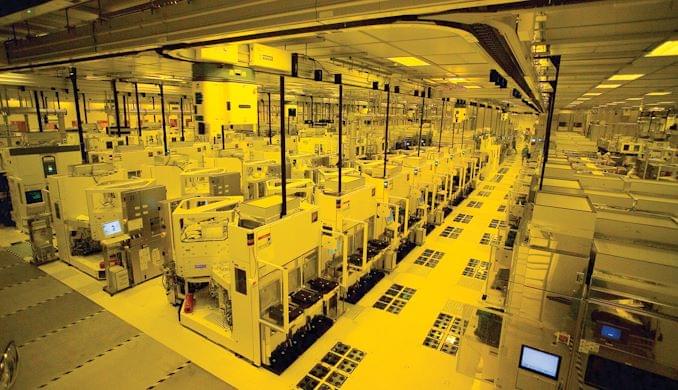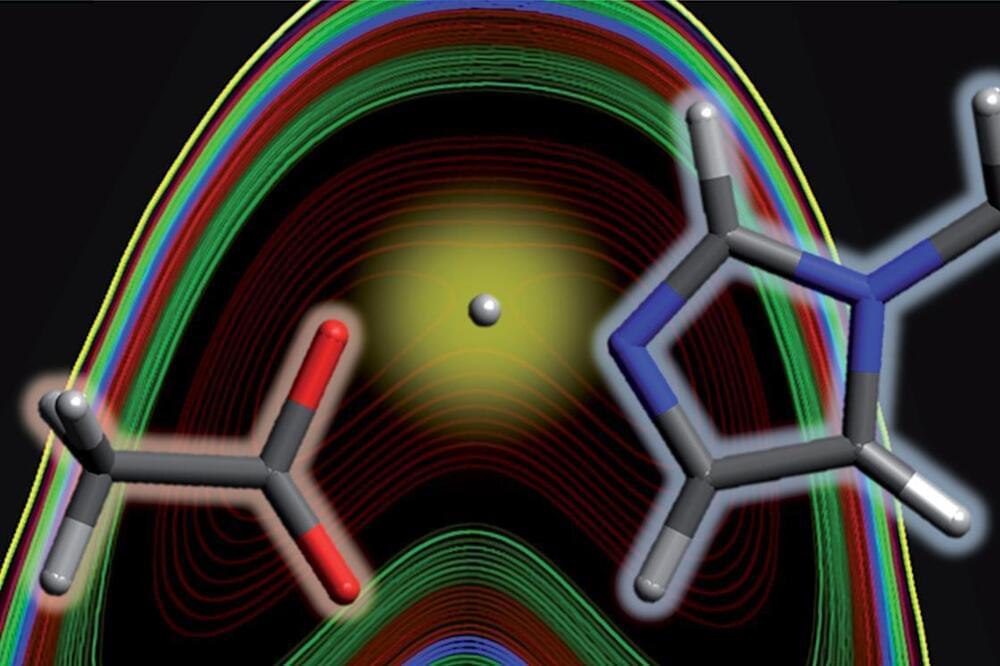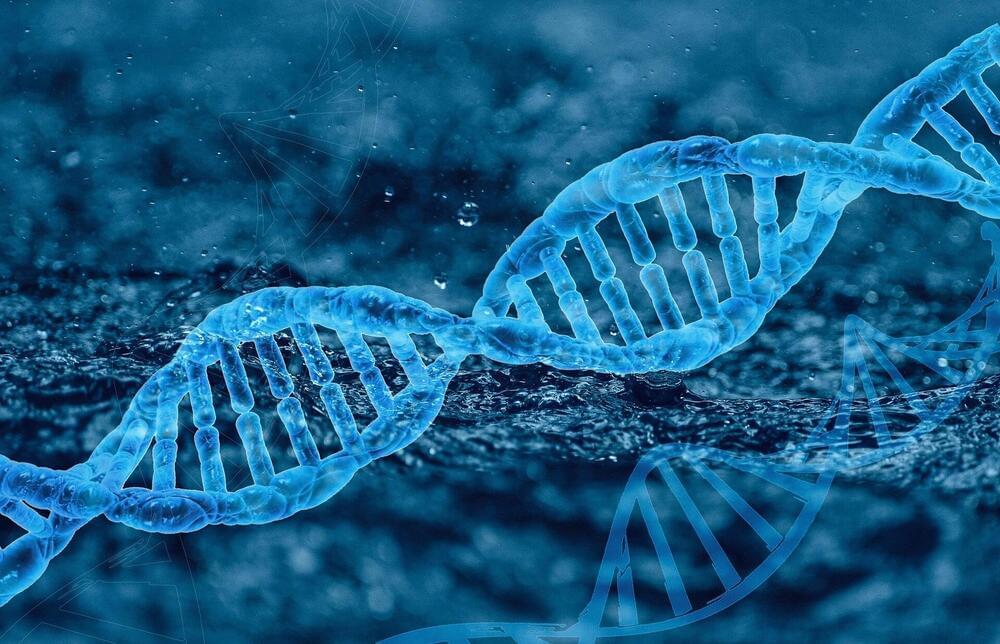A mathematical ‘playground’ to study quantum information.


UCLA engineers developed a 3D printing technique to build robots in a single step. Made of piezoelectric metamaterials, the robots can walk, maneuver and jump.

TSMC this afternoon has disclosed that it will expand its production capacity for mature and specialized nodes by about 50% by 2025. The plan includes building numerous new fabs in Taiwan, Japan, and China. The move will further intensify competition between TSMC and such contract makers of chips as GlobalFoundries, UMC, and SMIC.
When we talk about silicon lithography here at AnandTech, we mostly cover leading-edge nodes used produce advanced CPUs, GPUs, and mobile SoCs, as these are devices that drive progress forward. But there are hundreds of device types that are made on mature or specialized process technologies that are used alongside those sophisticated processors, or power emerging smart devices that have a significant impact on our daily lives and have gained importance in the recent years. The demand for various computing and smart devices in the recent years has exploded by so much that this has provoked a global chip supply crisis, which in turn has impacted automotive, consumer electronics, PC, and numerous adjacent industries.

Researchers in the US have demonstrated the presence of quantum mechanical effects in acid–base interactions, challenging the Brønsted–Lowry theory. The resultant short hydrogen bond is stabilised by a delocalised proton, which rapidly shuttles between the acid and base molecules and is characterised by highly unusual spectral features.
The Brønsted–Lowry theory was proposed in 1923 and explains acid–base interactions in terms of proton transfer. This theory is one of the cornerstones of chemical understanding and is amongst the first principles taught to school students. But despite a growing appreciation for the limitations of traditional thinking, the surprising discovery of a quantum component to such fundamental reactivity was entirely serendipitous.
‘It was luck,’ admits Daniel Kuroda of Louisiana State University, one of the principal researchers involved in the study. ‘We were looking at the structure of liquids … and saw this paper [about an acid–base mixture] with close to the conductivity of sulfuric acid but no ionisation. We wanted to see what the structure was … so we started looking into the project and then realised that clearly we have something very different.’
Jackson, Michigan-based Sesame Solar is today unveiling what it claims is the world’s first fully renewable mobile nanogrid – that’s a small microgrid – that runs on solar and green hydrogen.
The nanogrid’s solar array is electronically unfolded, and it’s ready to start generating power within 15 minutes. The company claims it can be set up by a single person.
Depending on the model, as the nanogrid is modular and customizable, Sesame Solar’s turnkey nanogrids can produce between 3 and 20 kW of solar power, with total battery storage of 15 to 150 kWh. It’s designed to meet peak and average use and provide uninterrupted sustainable power. The company says the nanogrids are shipped within 45 days after the order is placed and claims they’re good for 20 years. The average cost is around $150,000.
Kennedy Space Center’s newest attraction officially opened on June 15th – Gateway: The Deep Space Launch Complex is the “spaceport of the future”, where you can experience the “interstellar travel of tomorrow”.
The new complex features a showcase of NASA and their commercial partners’ spacecraft hardware including flight-flown artifacts, immersive, interactive displays and games, and a headlining attraction offering four different simulated journeys through space.


ANOTHER solar flare has a chance of hitting Earth today.
A huge expulsion of particles from the Sun hit Earth yesterday and we could see a similar geomagnetic storm causing event today.
The experts at SpaceWeather.com explained: NOAA forecasters say there is a 25% chance of M-class solar flares today.

The structure of how DNA is stored in archaea makes a significant difference to how quickly it evolves, according to a new study by Indiana University researchers.
The study, led by molecular biologist Stephen Bell, Distinguished Professor and chair of the College of Arts and Sciences’ Department of Molecular and Cellular Biochemistry at Indiana University (IU) Bloomington, was recently published in Nature Microbiology. Its findings have the potential to impact research on the treatment of genetic diseases such as cancer.
“The most exciting thing we revealed is the idea that the shape of a DNA molecule can affect its ability to change,” Bell said. “In the early 20th century, modernist architecture had the idea that the form of a building should follow its function. But what we’re seeing in these organisms is that over time, form is actually affecting evolution. How DNA is structured can change it, creating an evolutionary feedback loop.”
